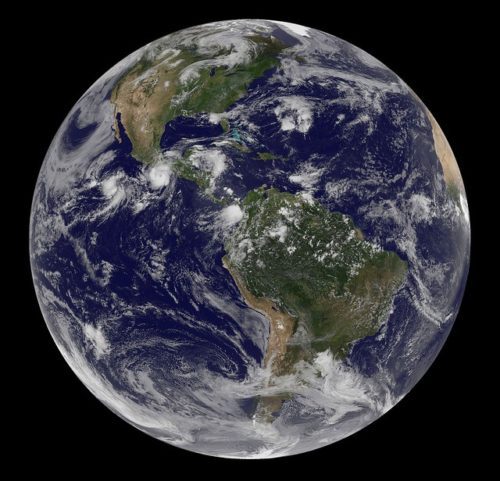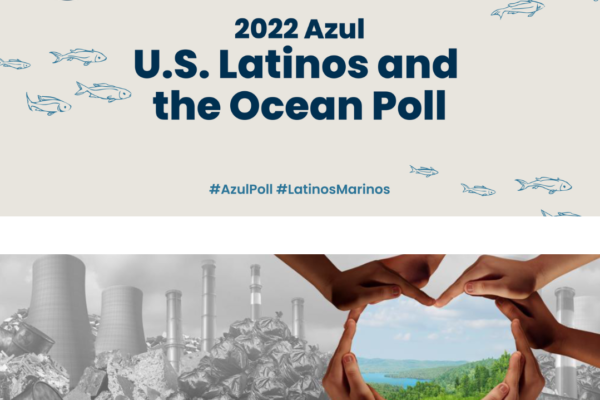The Ocean Project has developed new Web pages on Reaching Kids for our Partners. The new pages provide tips and resources for educators working with young children. Please use it to learn the highlights from recent research in place-based education, a body of research which suggests that when children spend time engaged in nature and outdoor activities, they are more likely to be long-term stewards for our planet.
It is important that serious topics such as climate change and deforestation not be introduced too early, so as to not overwhelm kids before they have a chance to appreciate their natural surroundings.
Instead, children benefit from immersion in their local environment: learning about plants and animals in their backyard, exploring a nearby park, and visiting a zoo, aquarium, or museum can lead to positive associations with nature.
Empathy, followed by exploration, should be the main objectives in establishing a connection between children and their environment. For tips to involve children in age-appropriate outdoor activities and to learn about ZAMs with effective children programs, check out our new pages!



